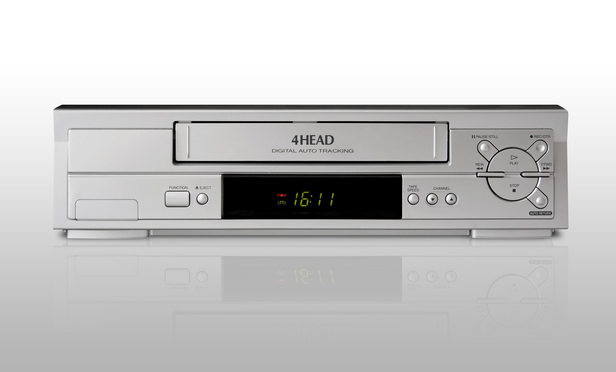Technology has enabled us to increase capacity and be efficient while minimizing our footprint. Filled with benefits, technology also comes with its own set of responsibilities for the practicing attorney. The life of a lawyer has many components that shape his or her practice. But one of the important elements is ethics. Since technology has entered our daily lives, we have an ethical obligation to understand how it works.
In the not so distant past, the image of a digital clock on the home VCR blinking “12:00 A.M.” was prevalent but without any consequence. The VCR worked and your parents never had to set the correct time and they just paid no attention to it until you would insist on setting it yourself. In the legal world, that blinking clock can no longer be ignored. In 2012, the American Bar Association approved a change to the Model Rules of Professional Conduct, imposing upon lawyers a duty to not only be competent in the practice of law, but to be competent with the ever present technology that surrounds us. This change, listed as an amendment to comment 8 of Model Rule 1.1, and adopted by 25 states to date, reads, in pertinent part:“To maintain the requisite knowledge and skill, a lawyer should keep abreast of changes in the law and its practice, including the benefits and risks associated with relevant technology….”
This content has been archived. It is available through our partners, LexisNexis® and Bloomberg Law.
To view this content, please continue to their sites.
Not a Lexis Subscriber?
Subscribe Now
Not a Bloomberg Law Subscriber?
Subscribe Now
LexisNexis® and Bloomberg Law are third party online distributors of the broad collection of current and archived versions of ALM's legal news publications. LexisNexis® and Bloomberg Law customers are able to access and use ALM's content, including content from the National Law Journal, The American Lawyer, Legaltech News, The New York Law Journal, and Corporate Counsel, as well as other sources of legal information.
For questions call 1-877-256-2472 or contact us at [email protected]



